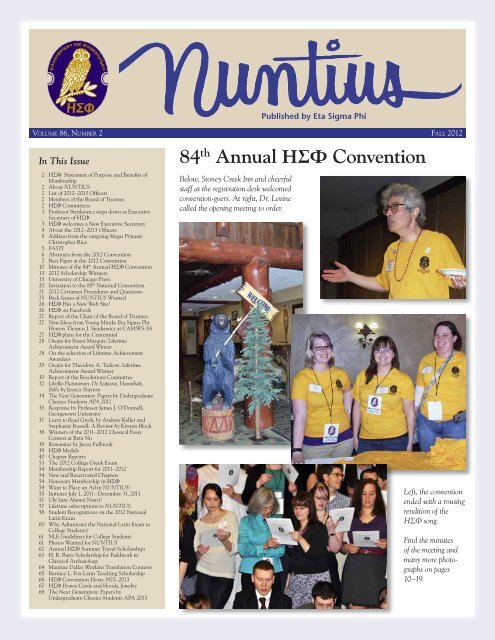
Plato: Apology, Phaedo, Republic I, II, IV, V 471c-VII, X to 607a.Ĭandidates should prepare seven to ten of the 19 options, selected in consultation with their advisor substitutions for the texts listed are permitted with the adviser’s consent. 
 Aristotle: Physics II Nicomachean Ethics I, II 1-6 and Metaphysics Alpha. The following can be added as supplements to the suggestions for helpful readings in English translation: Petronius: Satyricon 26-72 (=‘Cena Trimalchionis’). Ovid: Amores 1 Metamorphoses 1, 8, 15 Fasti 4 Tristia 4.10. Horace: Odes 1, 3, 4 Satires 1 ‘Ars Poetica’.
Aristotle: Physics II Nicomachean Ethics I, II 1-6 and Metaphysics Alpha. The following can be added as supplements to the suggestions for helpful readings in English translation: Petronius: Satyricon 26-72 (=‘Cena Trimalchionis’). Ovid: Amores 1 Metamorphoses 1, 8, 15 Fasti 4 Tristia 4.10. Horace: Odes 1, 3, 4 Satires 1 ‘Ars Poetica’. Rhodes college plautus menaechmi pro#
1 Pro Archia Pro Caelio Philippic 2 De Oratore 1.1-159, 3.120-230 selected letters (Att.
Apuleius: Metamorphoses 4.28-6.24 (=‘Cupid and Psyche’). Sophocles: Ajax, Oedipus Rex, Antigone. Plato: Phaedrus, Symposium, Republic 10. Lysias: 1 ( On the Murder of Eratosthenes). Lyric: Campbell’s selections of Archilochus, Tyrtaeus, Alcman, Mimnermus, Solon, Stesichorus, Sappho, Alcaeus, Anacreon, Xenophanes, Simonides, Bacchylides 17 & 18. Hesiod: Theogony 1-210, Works and Days 1-382. Euripides: Bacchae, Hippolytus, Medea. Callimachus: Hymn to Pallas, Aetia fr. Please note that these texts are suggested as a helpful guide and are not intended to be regarded as required. The texts listed below are representative of the works that constitute Classics as a field of literary study: you should read them all in the original Greek and Latin before attempting the literature general examinations.Īs a further guide, the texts noted in square brackets, after the phrase ‘in trans.’, are those you would find it especially helpful to have read in English translation.








